Understanding how bitcoin adoption could be stopped is critical to becoming a better Bitcoiner and there are numerous possible attack vectors that exist.
This is an opinion editorial by Interstellar Bitcoin, a bitcoin pleb.
In a hypothetical world, imagine we are trying to stop Bitcoin. Why might we do it? How would we do it? What actions would we need to take? Where would this get us? To answer these questions, we first must talk about Bitcoin in a little more depth.
“If you know both yourself and your enemy, you can win a hundred battles without a single loss.” — Sun Tzu
Bitcoin is an idea. It is technology that provides property rights, rule of law, economic freedom, free markets and, ultimately, sound money to the individual.
Bitcoin is a fixed supply ledger, defining who owns what and enabling people to transact peer-to-peer. Its ledger is enforced by proof-of-work, a consensus mechanism that utilizes energy in a way that removes inefficiencies and creates abundance.
Fundamentally, Bitcoin is information and math, thus banning it would have wide implications.
We’ve outlined what Bitcoin is. So why ban it?
Control.
Control over the ability to print money and the resulting Cantillon effect. Control over what energy usage is “morally acceptable” and what is not, such as via “ESG” (environmental, social and governance) mandates. Control over a populace. Total authoritarianism.
[embed https://www.youtube.com/watch?v=nOh-7SzI6gM
We’ve got some reasons why someone might ban Bitcoin, but how would they do it?
Stage One
Unfavorable tax status for bitcoin.
Stage Two
Unfavorable regulation, ban the use of Bitcoin technology (aka make math and information illegal), internet censorship.
Or: Promote centrally controlled shitcoins that use proof-of-stake and banning proof-of-work. This is an alternative to try to subvert Bitcoin by promoting software that can be controlled by insiders.
Another alternative: censoring Bitcoin blocks and network spamming. This is a direct attack on the Bitcoin network that harms usability.
Stage Three
Energy shortages, internet outages, food shortages.
Stage Four
Mass genocide of Bitcoiners.
Think It Can’t Happen?
Read more political theory and history. Leaders do whatever they need to do to stay in power. Do not rule out energy and food shortages, either intentionally or caused by fiat policy mismanagement. Do not rule out intentional targeting of Bitcoiners.
It is important to remember that Bitcoiners have deeply held beliefs, generally summarized as: Bitcoin is good for humanity and money should be outside the control of the state. Bitcoin’s idea of a fixed-cap supply goes against orthodox economics, political structures and the status quo.
Bitcoiners are burning the ships, and there is no going back.
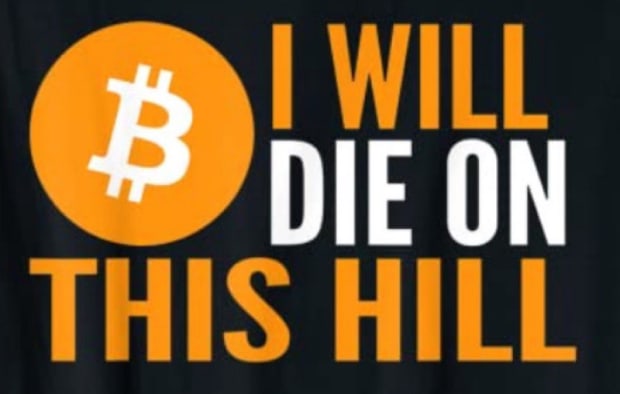
Only El Salvador and the Central African Republic have made Bitcoin legal tender. Most countries are already at Stage One: unfavorable tax laws.
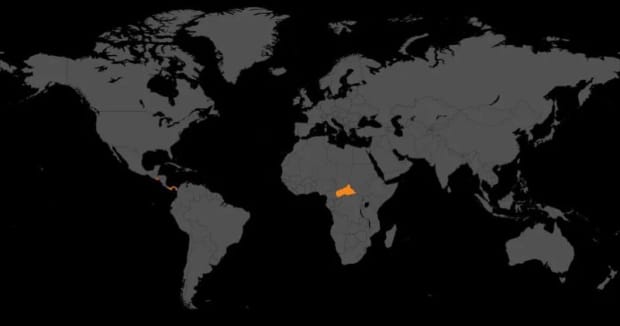
Nine countries, mostly those that are most authoritarian, have advanced to Stage Two with a partial or complete bitcoin ban : Algeria, Bangladesh, China, Egypt, Iraq, Morocco, Nepal, Qatar and Tunisia.
Imagine a world where global G20 coordination completely banned bitcoin using mass media to promote propaganda against it. Adoption would slow overnight. Countries would promise “stability” and “security” if only we’d implement another measure or use their central bank digital currency (CBDC).
At the same time, authorities could promote centrally controlled proof-of-stake shitcoins to divide and conquer people in “crypto” who also hold bitcoin. This is why it’s important to be bitcoin-only.
This could be paired with a direct attack on the Bitcoin network through block censorship and network spamming.
An example of block censorship was when Marathon Digital Holdings mined an OFAC-compliant block in 2021. Marathon only included transactions they deemed “clean” or “compliant,” ignoring other transactions at their own economic expense (Marathon stopped their attempt to censor transactions only a few months later).
Similarly, in 2017, the network withstood ongoing spam attacks by mining pools to flood the network with low-value spam transactions, driving up network fees to push their larger block agenda.
Now imagine a state actor — with effectively unlimited money — heavily subsidizing bitcoin miners who are compliant and spamming the network. This would harm bitcoin’s fungibility and usability as money.

However, game theory is on Bitcoin’s side. Eventually, state actors will face increasing problems to subsidize censorship and spam the network. Assuming attackers must print money to fund the attack, this devalues their currency against bitcoin. It’s a short-term attack that could only be effective if paired with a ban, propaganda and other measures.
The network will remain usable. People are willing to pay higher fees. There will always be miners who are economically incentivized to include any transaction.
If this didn’t attack didn’t work, countries could then try creating further uncertainty with power shortages, internet outages and food shortages — Stage Three.
This is already happening in the fiat world due to horrible fiat policies.
Taken to the extreme, some countries with the most effective propaganda could even start rounding up Bitcoiners — Stage Four. The government wouldn’t even need to do anything; citizens would do it for them out of fear.
To some extent, the labeling of Bitcoiners is happening already with overly burdensome know-your-customer (KYC) policies. Regulated financial institutions are required by law to keep a detailed list of personal and financial information (name, address, age, transaction volume, bitcoin addresses, etc.). This list would make it trivial for the state to find everyone who has ever traded, owned or used bitcoin via a centralized exchange.
Finally, the absolute worst option: government-sanctioned killing (aka democide). This, and the lesser extreme of forced imprisonment, can and does happen in history. A hypothetical democide of Bitcoiners would cause irrevocable damage to humanity and ultimately bitcoin adoption.
Luckily, bitcoin is information, with no physical location. Everywhere and nowhere.
This poses a unique challenge for banning bitcoin: geographic arbitrage.
As countries crack down on bitcoin, the incentive for other countries to adopt bitcoin as legal tender grows.
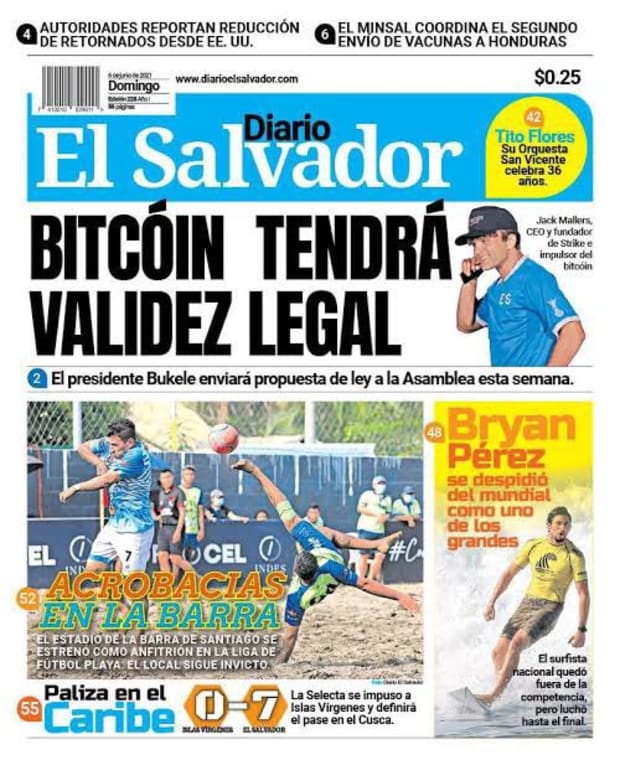
“The plan is simple: as the world falls into tyranny, we’ll create a haven for freedom.” — Nayib Bukele, President of El Salvador
This is a perfect example of game theory.
Two countries banning bitcoin causes significant harm to both.
Two countries letting bitcoin exist causes both economies to thrive.
One country defecting and banning bitcoin while the other does nothing, harms only one country.
The unique Nash equilibrium in pure strategies is down, right (No ban, No ban).
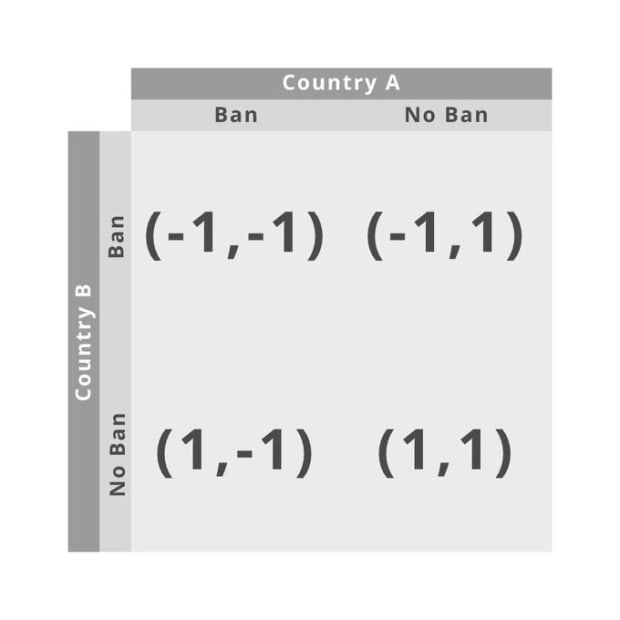
What does this mean? Bitcoiners have an obligation to resist immoral and unjust laws. This will require civil disobedience and/or entering into politics to ensure we win. The next best alternative is retreating to bitcoin-friendly geographies like El Salvador.

The question people thinking about banning bitcoin need to ask themselves is: are they willing to permanently imprison and kill to do it? The only way to stop an idea is to physically stop the people who hold an idea. Imagine George Orwell’s 1984 concept of doublethink.
It is up to the people to decide which path they will choose: freedom or tyranny.
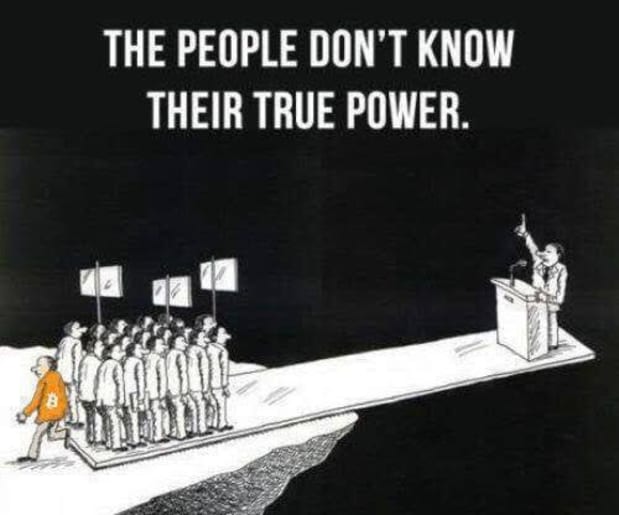
So, how do we defend against these attacks?
- Shill to as many people as possible; the more people that hold bitcoin, the better.
- Teach the importance of self-custody and running your own full node. There are great resources by Bitcoin Magazine and many others.
- Support bitcoin-only individuals, businesses and countries.
- Improve the underlying network and scaling technologies. For example, BIP324 (a bitcoin improvement proposal for P2P encryption) and Layer 2s such as the Lightning Network.
- Build resilient communities and circular bitcoin economies.
- Become a Bitcoiner who is a beacon of hope in an abyss of darkness.
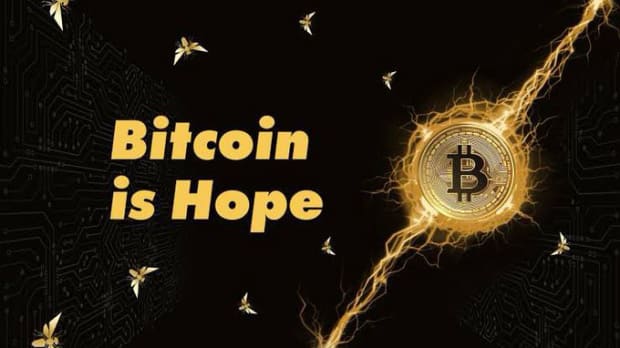
In conclusion, it is possible to maim bitcoin adoption temporarily, but at a punishing cost: fascism on a massive scale, not seen since WW2.
The key word here is “adoption.” It is impossible to kill the Bitcoin network, an idea of unstoppable sound money.

This article was based on a Twitter thread.
This is a guest post by Interstellar Bitcoin. Opinions expressed are entirely their own and do not necessarily reflect those of BTC Inc. or Bitcoin Magazine.
